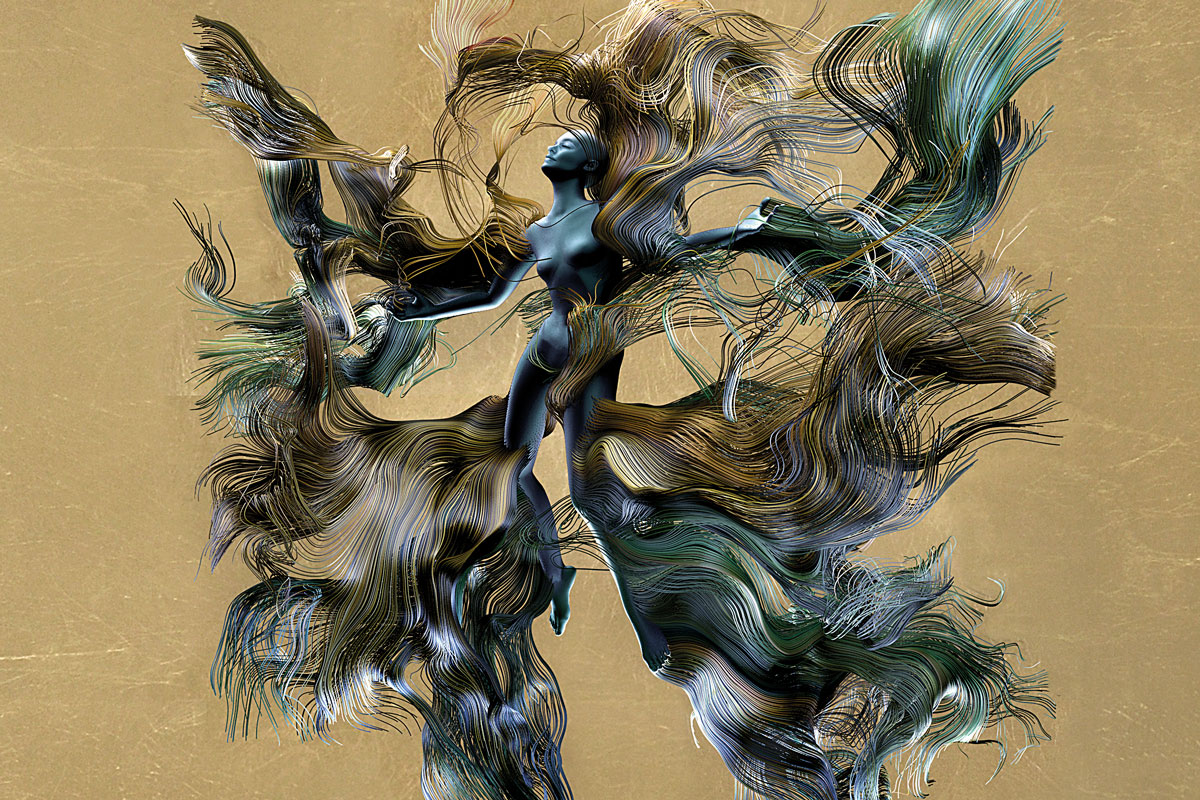
A few weeks back, we suffered a bot attack on Mètode’s website which, fortunately, was swiftly resolved. As a precaution, we restricted access for a few hours. To access the site, visitors had to complete a visual captcha, a test where they have to click on certain images to identify whether the user is a robot or a human being. This gave us a real insight into the extent to which interactions with machines are a constant in our daily lives.
As we commemorate the 150th anniversary of the publication of Charles Darwin’s The descent of man, it is a good time to ask ourselves where the future of our society and humanity is headed. Indeed, the spectacular advances in technology and gene editing open many doors to the treatment of diseases, but also to the modification and enhancement of individuals. Some of the imagined futures are already possible, and others may be possible very soon. As robotics specialist Carme Torras points out in the interview in this issue: «Everything that can be done, will be done in the end». Therefore, decisions will soon have to be made as challenges arise, and these require deep and rigorous reflection on what the future will be like for humans. Can we decide what kind of humanity we want to be, or will we simply let scientific and technological development lead us? This volume, coordinated by Salvador Macip, a doctor and researcher at the University of Leicester (UK) and the Open University of Catalonia (UOC), approaches this question from various perspectives. We find articles by Philip Ball and Chris Willmott on the possibilities opened up by biotechnological and electromechanical development, as well as on the ethical challenges involved. Along these lines, Miquel-Àngel Serra stresses the need for a global ethical framework that contemplates and guarantees individuals’ disabilities. Finally, the last two articles delve into popular culture and how it has imagined the future of humanity: Pep Prieto talks about the representation of future scenarios, both utopian and dystopian, in fiction: films, series, and comics; and Emily Klein and Leah Ceccarelli make a suggestive re-reading of the film Gattaca. All of this is accompanied by the participation of the artist Marina Núñez, who has constructed her work by reflecting on the spectacular – and disturbing – transformation of the human body.





